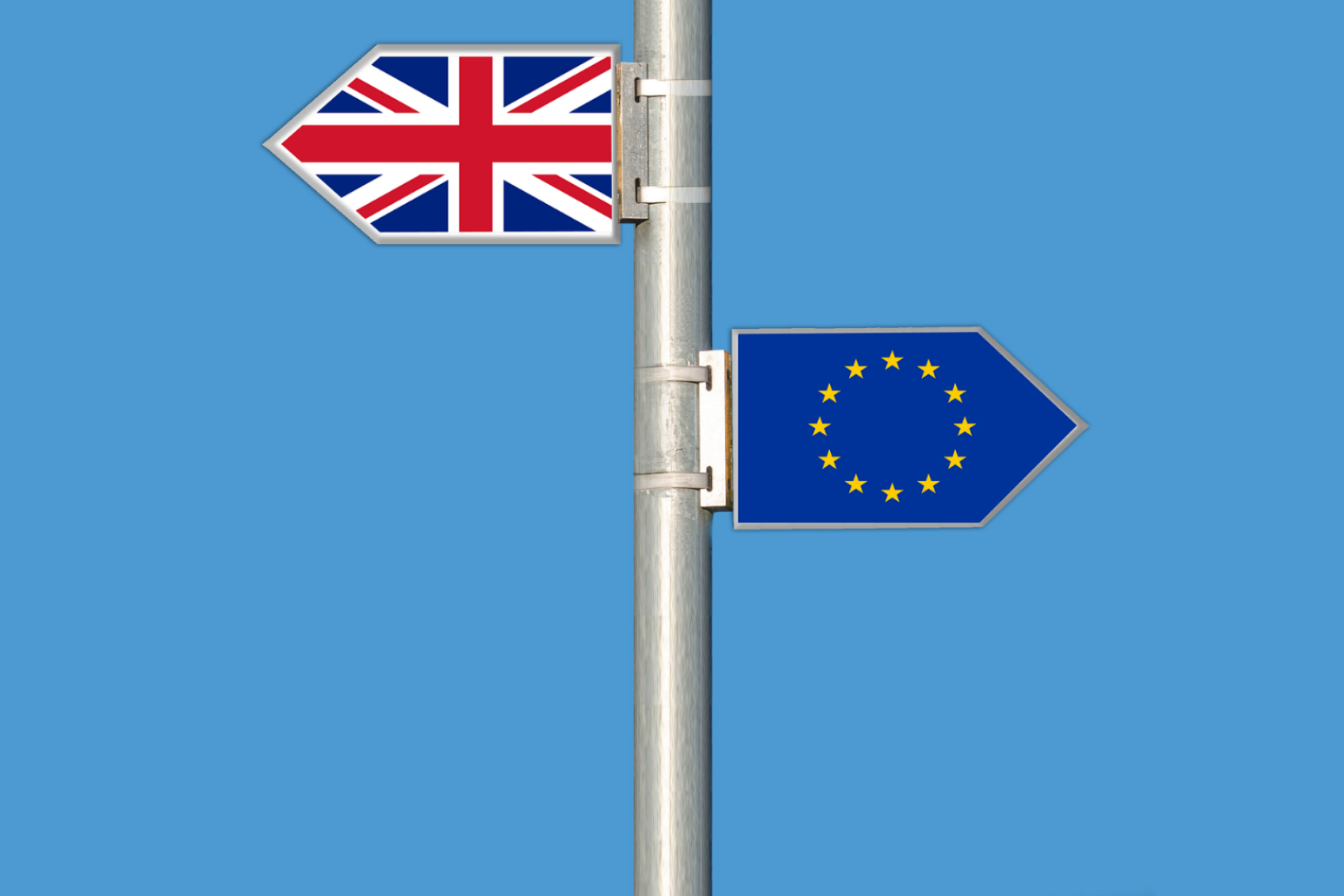
May will bring Brexit deal back to parliament in January
Prime Minister Theresa May said she would bring her Brexit deal back to parliament for a vote in mid-January
This is as she pledged to get assurances from the European Union to break the deadlock over Britain’s departure from the bloc.
After a last-minute threat from the main opposition Labour Party to call for a symbolic no confidence vote in the prime minister if no date was given, May said parliament would debate the deal in January, before a vote in the week beginning Jan. 14.
May is pressing on with her deal to leave the EU, rejecting calls for a second referendum or to test support for different Brexit options in parliament despite hardening opposition to the agreement to maintain close ties.
After a tumultuous week in which she survived a confidence vote and sought last-minute changes to a Brexit agreement reached with Brussels last month, May said again that the choice was her deal, leaving without an agreement or no Brexit at all.
“I know this is not everyone’s perfect deal. It is a compromise. But if we let the perfect be the enemy of the good then we risk leaving the EU with no deal,” she told lawmakers, her speech punctuated by loud shouts of protest.
“Avoiding no deal is only possible if we can reach an agreement or if we abandon Brexit entirely.”
She said the EU had offered “further clarification” on the most contentious aspects of her divorce deal, or withdrawal agreement, and that her government was exploring “further political and legal assurances”.
Britain's Prime Minister Theresa May leaves 10 Downing Steet in London, Britain, December 17, 2018. REUTERS/Toby Melville
But with the EU offering little in the way of concessions to win over lawmakers, an increasing number of politicians are calling for a second referendum - something some of her ministers say could be avoided if the government tested Brexit scenarios in parliamentary votes.
Parliament is deeply divided, with factions pressing for different options for future ties, exiting without a deal or remaining in the EU.
May and her ministers have repeatedly ruled out a replay of the referendum, saying it would deepen rifts and betray voters who backed Brexit by 52 percent to 48 percent in 2016.
That increases the risk of Britain leaving without a deal on March 29, a scenario some businesses fear would be catastrophic for the world’s fifth largest economy.
The political and economic uncertainty over Brexit is having an impact, with data on Monday showing a drop in consumer spending, falling house prices and growing pessimism in household finances.
Published: by Radio NewsHub